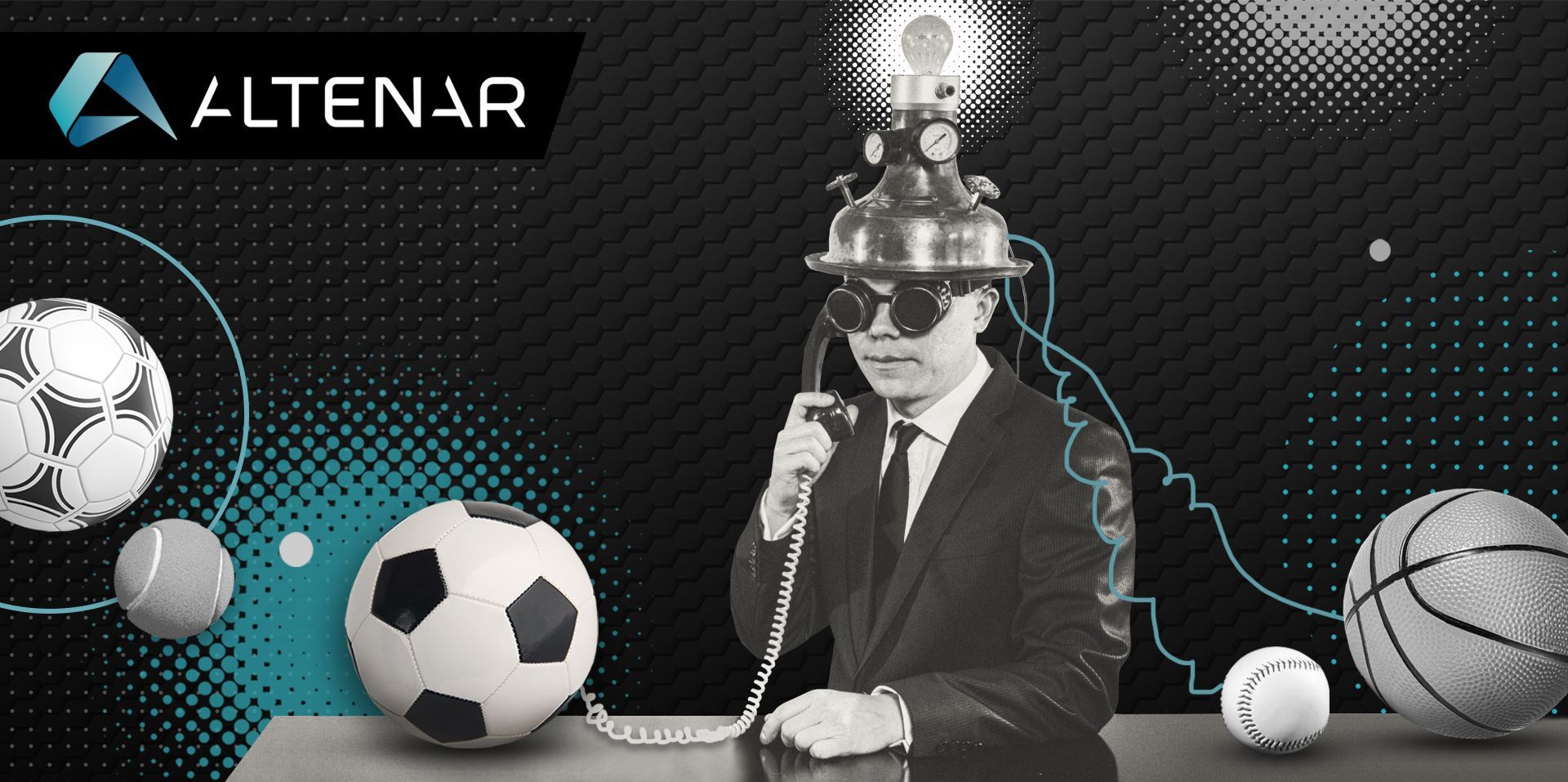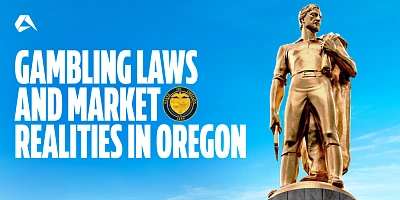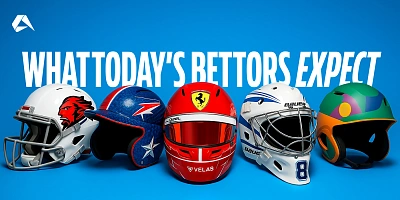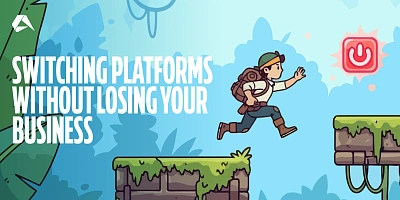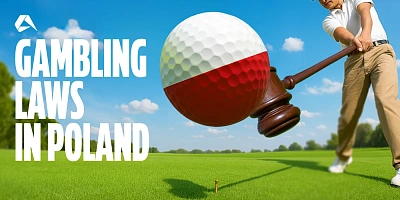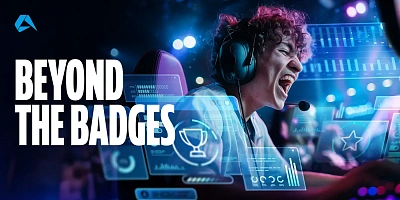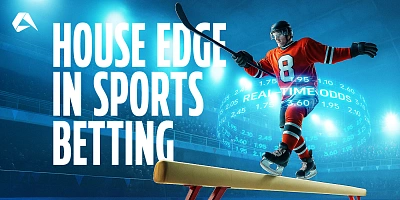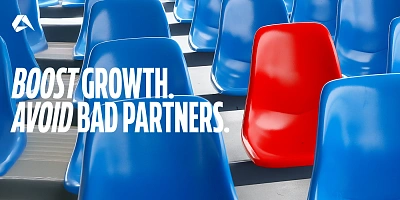As more players and bettors—both new and experienced—spend time on online sportsbooks, casinos, and poker tables, it’s important to take a peek behind the curtain to understand what a player thinks when they win or lose a game. These moments, often sudden and frequent, can influence a player's next betting experience and whether they’re willing to take the risk again.
A 2018 article titled, The Hindsight Bias Effect in Sports Betting, explored how cognitive bias enters the betting space—analyzing how viewing a “loss as a near-win” and the belief that “a win isn’t just luck” may inspire players to bet again—on another sport, another event—without fear of losing. The rationale? There’s “no true loss.” This concept, based on the theories of Amos Tversky and Daniel Kahneman (1972) and expanded by psychology professor Thomas Gilovich, suggests that cognitive biases may underpin every betting decision—starting from the very first bet—and help explain why players often come back for more.
But what were some of the key takeaways from the article, studies, and experiments focused on cognitive and hindsight bias in betting behavior?
Near-Wins Could Boost Bettor Retention and Reflect Hopeful Moments Where Players Build Skill
Accepting a bet at face value—without translating wins and losses into measurable outcomes of success or failure—could be key to placing more emphasis on the entertainment aspect of betting, rather than the quick-cash mindset that has historically fueled cognitive bias.
When players take time to reflect on the outcome of a bet, they’re more likely to draw new insights that contribute to more skill-based decision-making—rather than impulsive betting, which could hurt player retention if near-wins alone aren’t enough to keep bettors engaged for long.
As German scientist Georg Christoph Lichtenberg once said, “Once we know our weaknesses, they cease to do us any harm.” This may also apply to cognitive bias—potentially increasing the fun factor for players and boosting customer retention for operators by raising awareness of how these biases can influence betting decisions.
With many different factors influencing bettor behavior—from psychoanalytic theories to cognitive behavioral theories, as outlined in *Volume 1: The Psychodynamics and Psychology of Gambling - The Gambler’s Mind* by Mikal Aasved, Ph.D.—it becomes clear that understanding player psychology can help operators tailor content and events to better appeal to the growing number of players who take the time to evaluate their own cognitive biases.
Want to learn more about the world of sports betting and the entertainment-first content Altenar offers to operators and players? Contact the team today for more information!
